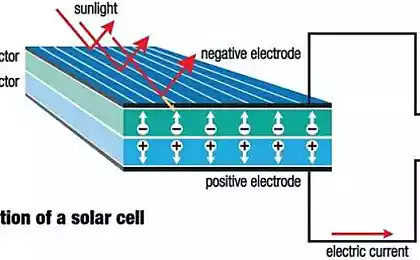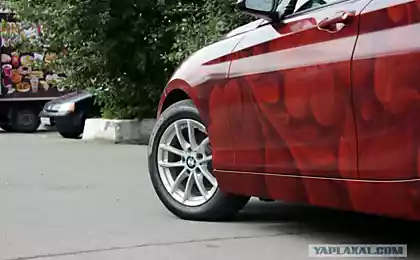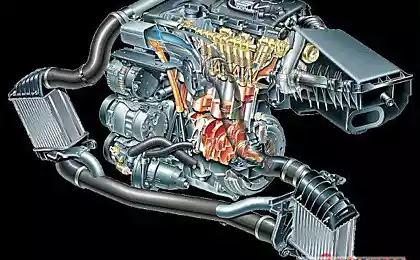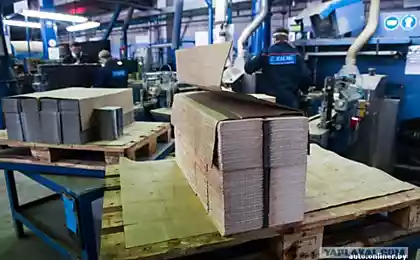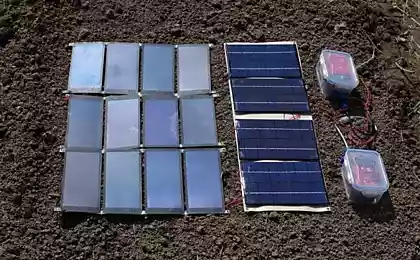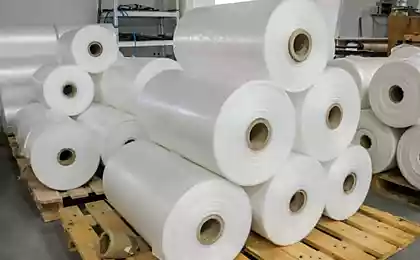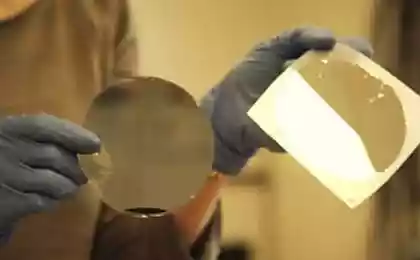192
Nanotube film can heat an electric car without significant battery use
While electric cars are widely available in places like California, they are not as popular in countries with cold winters. All because the battery feeds not only the engine, but also the heating system of the cabin. Now, however, engineers at the Fraunhofer Institute for Mechanical Engineering and Automation are developing new technologies that could keep electric cars warm without putting the batteries down completely.
In conventional combustion engine vehicles, most of the heat needed to heat the cabin is generated by the engine. The engine of an electric car does not heat up so much, so the cabins of such cars usually include services such as silicone heating mats with integrated conductive copper wire. They can be bulky and heavy, however, and they stop working if any of the wires get damaged, and they certainly use a lot of battery power.
Instead, Fraunhofer’s team created thin films coated with carbon nanotubes. These films are glued to surfaces such as interior door panels, armrests and electric current passes through them. As the current moves through the film, it encounters resistance between individual nanotubes, thereby generating heat.
Since the film itself does not store much heat, the heat generated is quickly and efficiently released into the cabin. The material also cools quickly as soon as the current is turned off. As a result, the nanotubes film, as reported by the researchers, uses much less energy than a copper wire heater, it is much thinner and lighter (just a few micrometers thick), in addition, localized damage to the film will not adversely affect the function of the whole sheet.
In addition, just as with existing heating systems, users can control the amount of heat released by the Fraunhofer system.
In its current form, the film can be applied to curved surfaces in separate parts to prevent it from bending. Going forward, however, the researchers hope to be able to spray the film directly onto curved surfaces, making the technology easier and cheaper to integrate into vehicles. published
P.S. And remember, just changing our consumption – together we change the world!
Join us on Facebook and VKontakte, and we are also in Odnoklasniki
Source: www.facepla.net/
In conventional combustion engine vehicles, most of the heat needed to heat the cabin is generated by the engine. The engine of an electric car does not heat up so much, so the cabins of such cars usually include services such as silicone heating mats with integrated conductive copper wire. They can be bulky and heavy, however, and they stop working if any of the wires get damaged, and they certainly use a lot of battery power.
Instead, Fraunhofer’s team created thin films coated with carbon nanotubes. These films are glued to surfaces such as interior door panels, armrests and electric current passes through them. As the current moves through the film, it encounters resistance between individual nanotubes, thereby generating heat.
Since the film itself does not store much heat, the heat generated is quickly and efficiently released into the cabin. The material also cools quickly as soon as the current is turned off. As a result, the nanotubes film, as reported by the researchers, uses much less energy than a copper wire heater, it is much thinner and lighter (just a few micrometers thick), in addition, localized damage to the film will not adversely affect the function of the whole sheet.
In addition, just as with existing heating systems, users can control the amount of heat released by the Fraunhofer system.
In its current form, the film can be applied to curved surfaces in separate parts to prevent it from bending. Going forward, however, the researchers hope to be able to spray the film directly onto curved surfaces, making the technology easier and cheaper to integrate into vehicles. published
P.S. And remember, just changing our consumption – together we change the world!
Join us on Facebook and VKontakte, and we are also in Odnoklasniki
Source: www.facepla.net/




